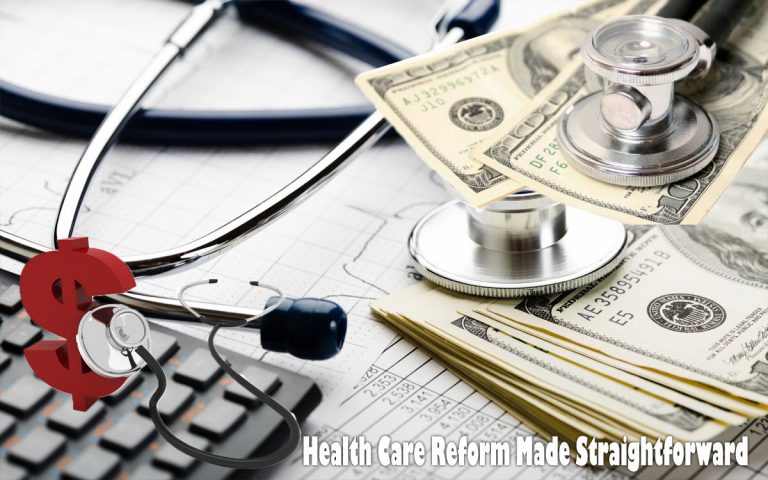Health Care Reform Made Straightforward
My name is John Ross and I have spent my entire 40 + year profession in health care. Specifically, my background and expertise are in developing and managing evidence arranging, reimbursement applications, and health economics strategies for any quantity of fortune 500 healthcare technologies firms. In short, my job was to help the companies that I worked for to understand the health care industry spot from three vital perspectives.
The first was to answer the question; “What can we count on to become paid for the healthcare technologies we are building and planning to market place? The second question; “will the outcomes and/or reduce fees connected with the use of these healthcare technologies justify the payment level we assume they deserve? Ultimately, what solution development, advertising, and sales techniques do we should employ to ensure that our future health-related technologies are quickly accepted by hospitals, physicians, payers, and individuals? Certainly, with such a concentrate I had to handle Medicare (health insurance coverage for people over age 65 and the disabled),
From a funding standpoint, I have seen America’s health care system go from pretty much “anything goes” to today’s rising concentrate on expense and outcomes. Outcomes, is just one more way of asking the query; “for the dollars we’re spending nationally or on a particular patient’s illness or injury are we receiving an excellent value in return? In other words, could be the price of your drug, healthcare device, process, diagnostic or surgical intervention worth the cost with regards to greater results and reduce expenses when compared with how we would traditionally manage this patient’s situation?
This blog is a forum for talking “honestly” about:
- where health care in America is going?
- Why it is going there?
- What can we expect from tomorrow’s health care system in comparison with what












